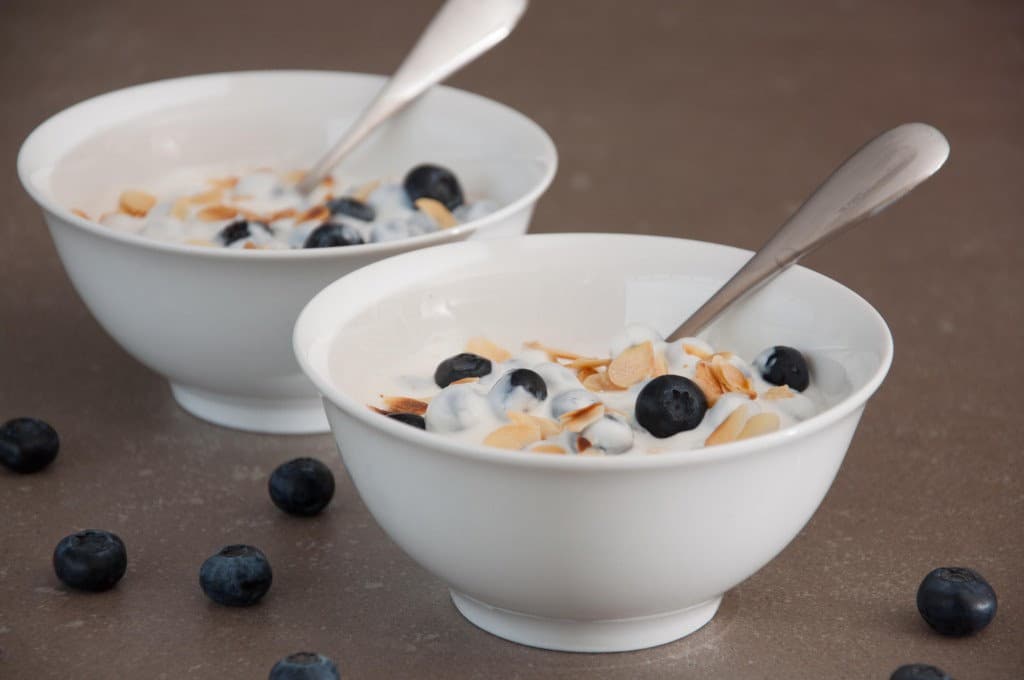Newborn babies overall health may be heavily impacted during their first 1000 days entering the world.Right nutrition and care throughout this period goes a long way in determining their development and also their ability to perform in the future.
Infants need 5 times more nutrition than adults throughout the first 1,000 days after birth which, if they are lacking, might cause impaired cognition which is irreparable in nature, physicians here said on Sunday.
They stated iron is among the crucial elements, not just for production of haemoglobin but also for brain advancement. It is necessary for moms to know that while infants are born with iron stores, their fast growth rates might not satisfy the need and it becomes important to supplement through other sources.
” Undernourished kids capture infections more quickly and have a more difficult time recuperating due to the fact that their immune systems are impaired. Right nutrition presented early in an infant’s diet plan develops long-lasting immunity and health,” stated Satish Saluja, Neonatologist at Sir Ganga Ram Healthcare facility.
Saluja stated children need 5 times more nutrition than grownups at this phase. Right nutrition and care during this duration goes a long way in determining their advancement as well as their ability to discover and perform in the future.
Government statistics state that as many as 34 births occur in India every minute. The number goes up to 2,062 births per hour and up to 49,481 births daily. A big chunk of the total new borns remain undernourished, largely due to poverty.
The medical professionals have likewise advised the moms of the babies to have well planned diet, including some carbohydrates as a main source of energy during this phase.
” Proteins are necessary for development, mom’s knowledge of the requirement of micronutrients (minerals and vitamins) is really limited, which has to be enhanced,” stated Saluja.
Medical Sciences say review of feeding patterns reveal that most of the moms provide less than required vitamins and minerals required for optimal development of kids.
Manjari Chandra, Expert at Nutrition Max Multi Speciality Centre said: “Indian diets are generally grain- and plant-based, and while they are high in macronutrients, they are very low in micronutrients like iron, zinc and calcium.”.
” This is a cause for issue because the percentage of these nutrients that have to be met by complementary foods is extremely high,” said Chandra.
” There are a number of techniques which can be taken like supplementing baby’s typical diet plan with all set made vitamins and minerals enriched food, strengthening the standard food and improving dietary strategies,” included Chandra.
Here is also an excerpt which is from some customer feedback of a pregnant mother who supplemented her nutrition when she had concerns in case it can help any of you out there with newborns who are expecting –
Here is an actual testimonial about this very thing for you:
“I started taking the products while pregnant with my third child, (16 mos. now). I was in and out of the hospital for six weeks prior to her birth. I was put on horrible medication (NO LIE) that increased my blood pressure, and made me incredibly nervous. It gave me headaches, (migraines and cluster headaches), and I was unable to sleep. I was exhausted, irritable, and had a two year old son to take care of, while on strict bed rest at home. Life was difficult to say the least. She was born fine at six weeks early. I was told by my OBGYN that I should not have any more children and should have my “tubes tied.” Over two years later I was pregnant again. I was concerned as my husband desperately wanted more children. For the first 20 weeks everything went great. At 20 weeks I began having pre term labor. I knew where things were heading. We were at a seminar where Dr. Wallach was speaking. We were excited to hear his recommendation. Dr. Wallach indicated that I was needing more calcium. Immediately I added calcium to my classic and minerals. Within 24 hours I had significant improvement. The Dr. was writing prescriptions and I thought I was taking them providing the contractions had begun to subside. I didn’t want to tell him what I thought of his drugs! I stayed out of the hospital until the day he was born, three days early!! I failed to mention that at 12 weeks into my pregnancy, we were told our child had a 98% chance of being born with Down syndrome. We called Total Nutrition who contacted Dr. Wallach who advised we take the full Healthy Start Pack 2x a day. We named our son Noah, because Noah lived to be 958 years old. Most people with “downs” have a shorter life expectancy. We wanted to give him a name with great longevity. Noah was bornFebruary 3, 1999, incredibly beautiful and healthier then a horse. No signs of downs or a heart condition. Without Dr. Wallach, I hate to consider what could have been! God BlessAmerica…God bless Dr. Wallach!”
So, if you are taking quality supplements to ensure a healthy pregnancy and birth you are doing the right thing, just don’t give up!





